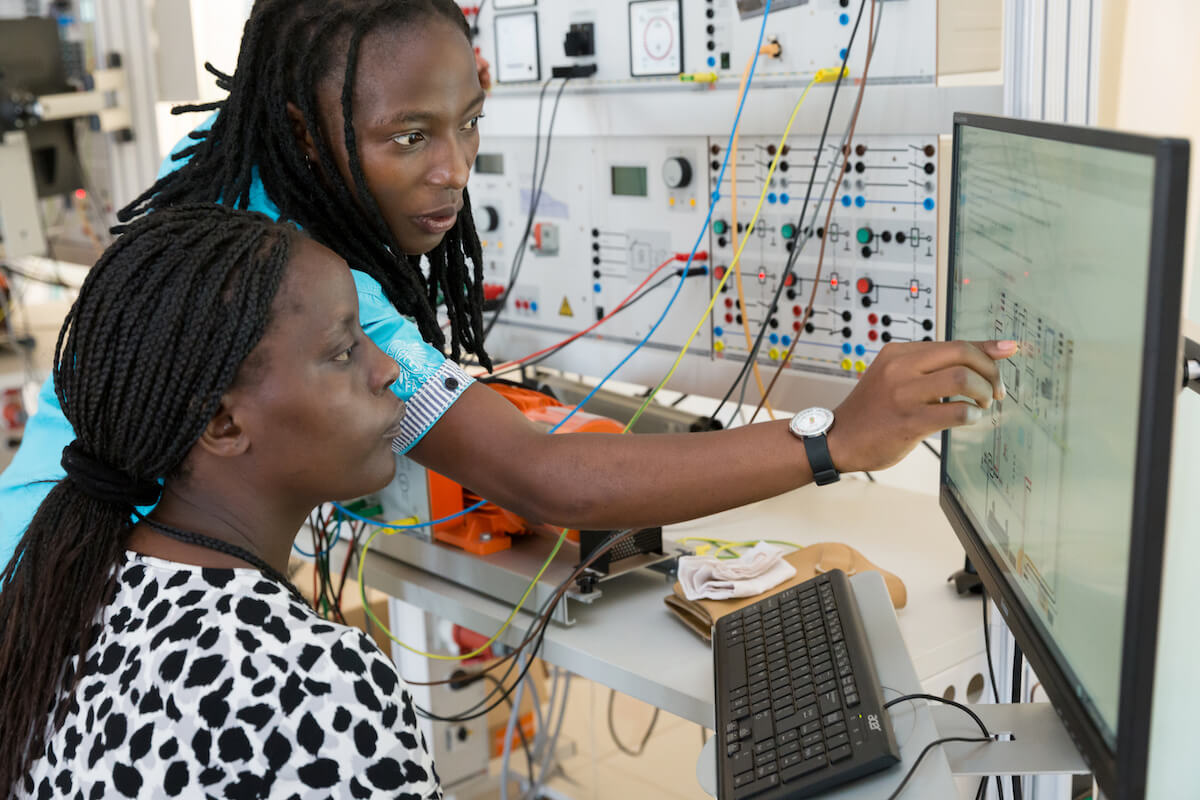The International Cooperative Alliance [ICA] Gender Equality Committee has issued a statement as the world marks International Women’s Day 2023: Read on.
Technology has a great impact on our daily personal and work lives – and this is a reality that was accelerated during the COVID-19 pandemic due to social distancing measures. Thus, digital integration is crucial to harness opportunities in the personal, social, and professional spheres. However, according to the International Telecommunication Union [ITU], only 63 per cent of women were using the Internet in 2022 compared to 69 per cent of men. This gender gap in the digital divide is even more acute in lower-income countries.
Under the theme, “DigitALL: Innovation and technology for gender equality”, the 2023 International Women’s Day focuses on the importance of a digital transformation that empowers women and girls by including them as agents of change and development.
One of the most critical aspects to achieve gender equality in the digital domain is to avoid the perpetuation of cultural and social stereotypes that hinders the full participation of women in the digital revolution. Data shows that women are under-represented in ICT jobs, top management and academic careers and men are four times more likely than women to be ICT specialists. At 15 years of age, on average, only 0.5% of girls wish to become ICT professionals, compared to 5 percent of boys [OECD, 2018]. And it is estimated that only one percent of applications for positions in AI are from women [UNDP, 2021]. As noted by the UN Women, the lower integration of women and girls in the digital world diminishes their chances to pursue careers in science, technology, engineering, and mathematics [STEM] related fields.
Aside from gender norms and stereotypes, other factors that hamper the inclusion of women and girls in the digital economy are the affordability of the internet and digital devices, a lack of literacy and digital skills, gender bias in design and gaps in access to services, lack of employment and entrepreneurship opportunities in the digital sector, the gender divide in the ICT sector, cyberviolence and women’s safety [UNDP, 2021].
Cooperatives are pioneers in fighting gender biases and breaking the digital gender gap. Cooperative values and principles create a solid ground to generate dialogue and change, which are crucial to combat gender inequality.
Particularly platform and tech cooperatives are shaking the perverted logic that echoes discriminatory patterns in the digital sphere through transparency, democracy and community ownership. For instance, the mobility platform cooperative Eva will offer the possibility for women, trans and non-binary passengers to select a driver member who is also a woman, a trans or non-binary person. The British consumer cooperative Central Coop has an Inclusion Working Group that recognises and promotes the importance of gender equality within the cooperative by raising awareness and ensuring that its working environment is fully inclusive.
Yet, digital inclusion and participation are not only exclusive for the digital economy, but they are key in all sectors of the economy. Cooperatives are bringing measures to foster gender equity in the context of digitalization by offering equal opportunities for women and men to hold ICT positions, flexible work arrangements as well as access to digital tools; by promoting digital education among women; and by organising awareness-raising campaigns that challenge existing digital gender stereotypes.
Cooperatives are a driving force for gender equality and equity in the digital world. As noted in the extract from the 2022 World Cooperative Monitor “Large cooperatives: Digitalization, participation and democracy”, the digital transformation provides new opportunities to encourage democratic participation, which is a cornerstone of cooperatives. Women cannot be excluded from this participation and must be involved in all kinds of roles and levels of decision-making. Bringing women in the digital transformation builds on more sustainable, inclusive, and successful economies and communities.
According to UNDP, achieving gender equality in leadership in the tech industry alone can add US$430–US$530 billion in global productivity. Involving women in technological innovation and development will lead to more inclusive and gender-sensitive designs and products. In addition, digital education protects women and girls from gender-based violence in digital spaces.
The ICA Gender Equality Committee strives for the full inclusion and participation of women and girls in innovation and technology. As a society, we cannot waste the talent, ideas, and skills of half of the population. We will keep working so that our girls dream just as much as boys of becoming mathematicians, software developers or agro-engineers. Anchored in its values and principles, the cooperative movement provides a suited environment to effectively bridge the digital gender divide and advance towards sustainable, inclusive, and empowered communities.
https://thecooperator.news/ariel-guarco-appointed-ica-director-general-ad-interim/
Buy your copy of thecooperator magazine from one of our country-wide vending points or an e-copy on emag.thecooperator.news
